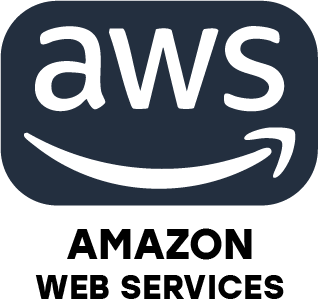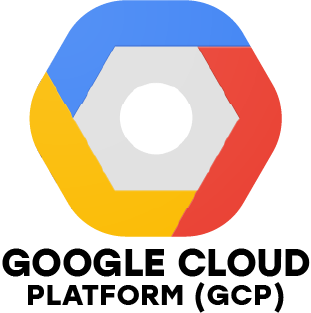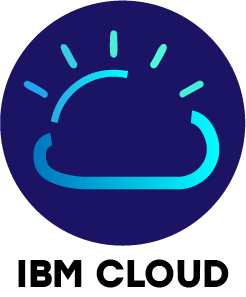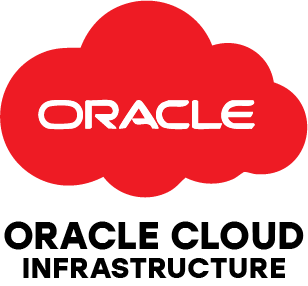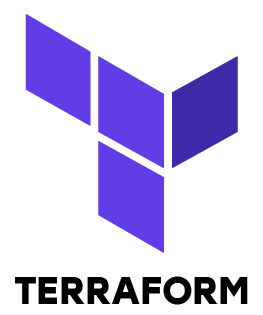1. What sets AWS, Azure and GCP apart?
Ans:
AWS, Azure and GCP are the top three cloud providers, each with its own strengths. AWS leads with the widest range of services and a mature ecosystem. Azure integrates smoothly with Microsoft tools, making it ideal for organizations already using Windows-based systems. GCP excels in big data, machine learning and analytics, offering competitive pricing for compute-heavy tasks. Each provider differs in pricing models, user experience and global infrastructure setup.
2. How is high availability achieved in cloud environments?
Ans:
High availability in the cloud is ensured by deploying applications across multiple regions or availability zones to avoid single points of failure. Load balancers spread traffic evenly and features like auto failover, redundant storage and constant health checks keep services running. Regular backups and disaster recovery strategies further strengthen uptime and reliability.
3. How does IAM work in AWS?
Ans:
To safely control access to AWS services and resources, utilize AWS Identity and Access Management (IAM). With IAM, administrators can create users, groups and roles, assigning specific permissions through policies. It follows the principle of least privilege and supports advanced features like multi-factor authentication, federated identities and temporary credentials for secure access control.
4. What’s the difference between public, private and hybrid cloud?
Ans:
A public cloud is shared over the internet and available to multiple customers examples include AWS, Azure and GCP. A private cloud is devoted to a single company and may be hosted by a third-party vendor or on-site. Hybrid cloud combines both models, allowing data and applications to move between environments to balance flexibility, security and cost-effectiveness.
5. How do you migrate an on-premises app to the cloud?
Ans:
The migration process starts with analyzing the existing application architecture and identifying components that can move to the cloud. After selecting a suitable provider, you establish the cloud environment and choose a migration method such as lift-and-shift, refactoring or re-platforming. After migration, thorough testing and performance monitoring ensure everything runs smoothly in the new setup.
6. What tools have you used to automate infrastructure?
Ans:
I’ve used tools like Terraform for infrastructure as code (IaC), Ansible for configuration automation and AWS CloudFormation for provisioning AWS resources. These tools automate setup and management of environments, reduce manual errors and maintain consistent configurations across deployments.
7. How do you manage security and compliance in cloud platforms?
Ans:
Cloud security is managed through identity controls, data encryption (at rest and in transit), regular patching and system audits. Compliance is ensured by meeting regulatory standards like GDPR or HIPAA, using tools such as AWS Config, Azure Security Center or GCP Security Command Center to enforce policies, monitor activity and identify risks.
8. What is auto-scaling and how have you used it?
Ans:
Auto-scaling allows cloud resources to automatically expand or shrink based on usage. For instance in AWS, EC2 instances can be scaled up during traffic spikes and scaled down during low demand. I’ve used auto-scaling to maintain app performance while optimizing infrastructure costs, especially for web apps with fluctuating workloads.
9. Describe your experience with cloud-based CI/CD pipelines.
Ans:
I’ve worked with CI/CD tools like Jenkins, GitHub Actions, AWS CodePipeline and Azure DevOps to automate software delivery. These pipelines automate code integration, testing and deployment, reducing manual work and speeding up delivery cycles. I’ve used them to deploy containerized apps to Kubernetes and serverless functions across environments.
10. How do you monitor and reduce cloud costs in real-time?
Ans:
I use tools like AWS Cost Explorer, Azure Cost Management and GCP Billing Reports to track usage and expenses. To reduce costs, I optimize resource sizing, use reserved or spot instances and shut down unused services. Real-time dashboards and alert systems help me identify cost spikes early and take action.






